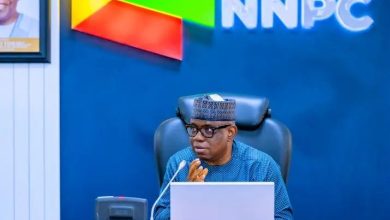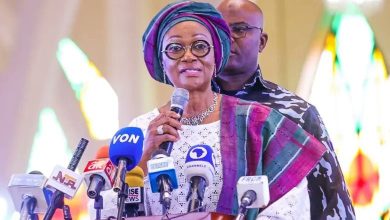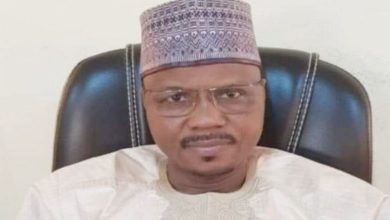Deejays Face 5-Year Jail Term for Unlicensed Performances
The NCC has warned Deejays to obtain licenses from MCSN before performing music publicly or face up to five years in jail.
The Commission says unlicensed performances violate copyright law and will be met with investigation and prosecution.
The Nigerian Copyright Commission (NCC) has issued a strong warning to disc jockeys (Deejays), urging them to obtain a proper license from the Musical Copyright Society Nigeria Ltd/Gte (MCSN) before performing music in public or risk facing serious legal consequences.
In a statement released on Thursday, the NCC emphasized that failure to acquire a license from MCSN is a violation of the Copyright Act and may lead to both civil and criminal penalties. Offenders risk being fined up to ₦1 million, sentenced to a minimum of five years in prison, or both.
“According to Sections 9 and 12 of the Copyright Act 2022, the rights to reproduce, perform, or broadcast musical works belong exclusively to the copyright holders,” the Commission stated. “Anyone performing such works without permission is violating the law and may be subject to prosecution under Section 44(7).”
The advisory highlighted that Deejays must not play music in public spaces such as clubs, hotels, event halls, or recreational venues without obtaining a valid license. The NCC stressed that it would begin investigating and prosecuting those who continue to disregard the law.
In a bid to ensure wider awareness and compliance, the Commission revealed it is working closely with the Deejays Association of Nigeria (DJAN). This collaboration aims to simplify the licensing process, support royalty payments, and protect the rights of music creators across the country.
The NCC further reiterated that the goal is not to criminalize Deejays but to ensure that music professionals operate within the bounds of the law while respecting the intellectual property of artists and content owners.
With the music industry growing rapidly in Nigeria, the Commission’s latest move is seen as a step towards strengthening copyright enforcement and encouraging fair compensation for artists and rights holders.



